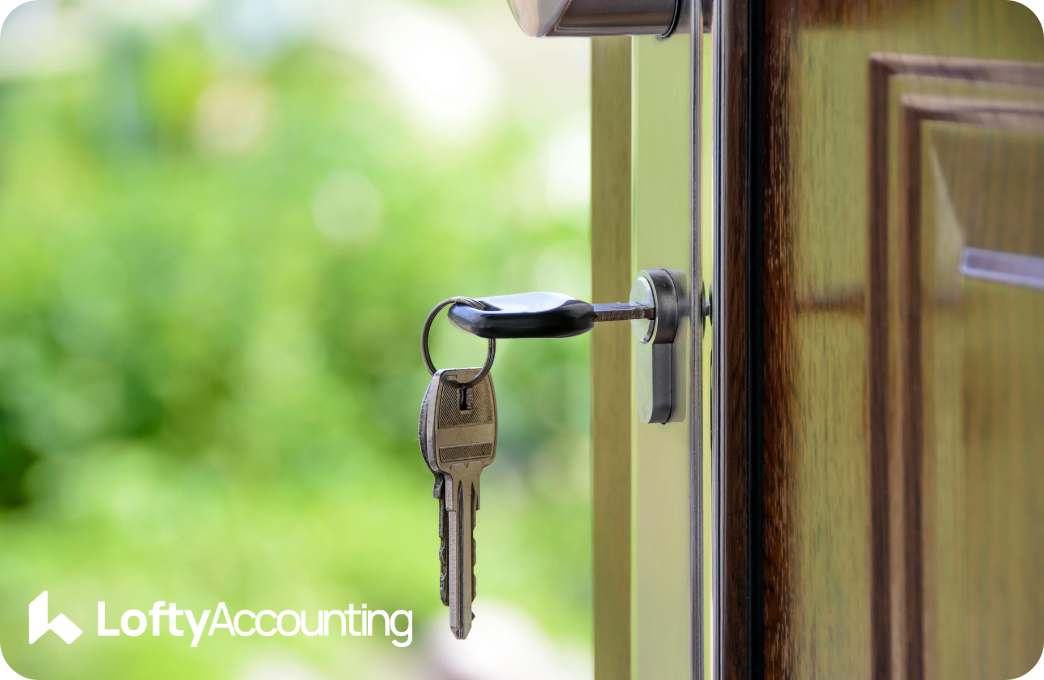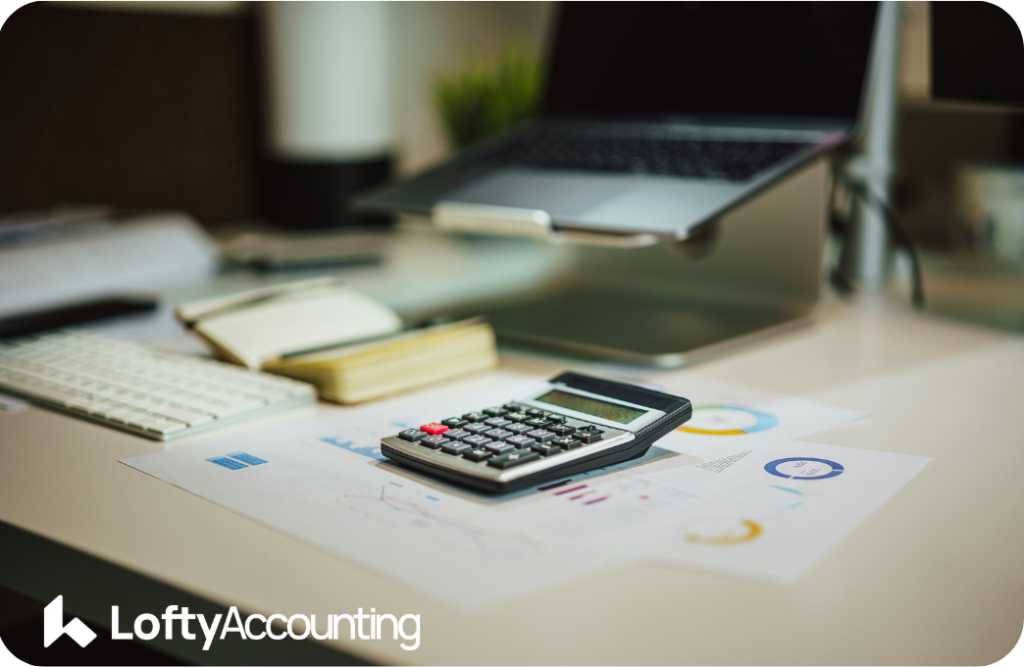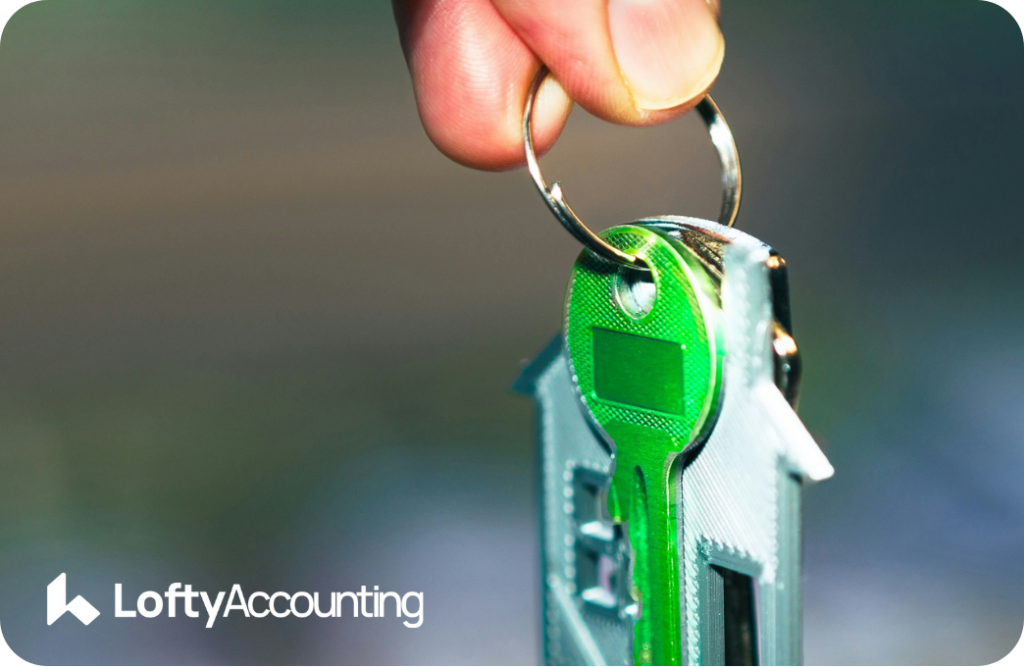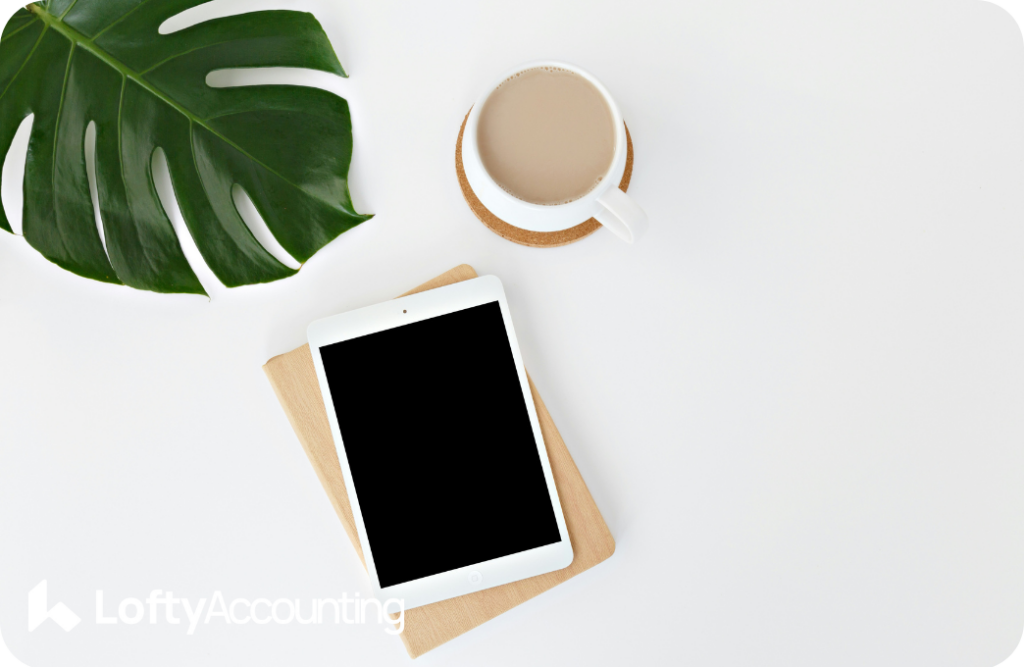

The Property Allowance – A Guide for Individuals
As a property owner or landlord, understanding tax relief options can be crucial for managing your finances. One helpful relief is the Property Allowance, which offers two key benefits:
- Exemption from tax on income up to a certain amount.
- A minimum deduction when calculating the profits from your property business.
Let’s break it down in simple terms so you can make the most of it.
What Is the Property Allowance?
The Property Allowance is available for individuals who have property income. It is not available to companies, and there are specific rules around who can claim it. You will need to consider whether the allowance applies each year, as it does not automatically carry over from one tax year to the next.
The allowance applies for Income Tax purposes.
How Does the Property Allowance Work?
1. If Your Property Income is £1,000 or Less
If your property business earns £1,000 or less in a tax year, you do not need to pay tax on that income. Plus, you don’t need to report this income to HMRC, though you must keep records of it.
Example: If you earned £900 in property income, you don’t have to pay tax on it, and you don’t need to tell HMRC. However, it’s still important to keep a record.
If you prefer, you can also choose to calculate your profits using the normal rules, which could be beneficial if you have expenses or losses.
2. If Your Property Income Exceeds £1,000
If your income from the property business exceeds £1,000, you can choose to deduct £1,000 from your total income instead of detailing your actual expenses. This is a simple way to reduce your taxable profit, especially if your actual expenses are less than £1,000.
For example, if you earned £3,400 in rent and had £720 in allowable expenses, you have two options:
- Apply the normal rules, which would mean deducting the £720 of expenses, leaving you with £2,680 taxable profit.
- Or, use the Property Allowance and deduct the £1,000 allowance, resulting in a taxable profit of £2,400.
Important Notes About the Property Allowance
- The allowance applies only to individuals for Income Tax purposes. It does not apply to companies or for Corporation Tax.
- There are some exclusions. For example:
- If you claim a tax reduction for non-deductible finance costs.
- If part or all of your property income comes from sources such as:
- Your employer,
- A close company where you are a participant,
- A partnership where you are a partner.
Please note, the allowance does not apply if you have applied rent-a-room relief to the same income.
Summary
The Property Allowance is a straightforward way for individuals to reduce their taxable income from property businesses. It’s particularly useful if your property business earns less than £1,000, allowing you to avoid tax on that income entirely. If your income exceeds £1,000, you can still take advantage of a £1,000 deduction.
Make sure to review your property income each year to see if the allowance applies and whether it is more beneficial for you to claim the property allowance or deduct your expenses.
If you have any questions about the Property Allowance or how it applies to your specific situation, don’t hesitate to get in touch with us at LoftyAccounting. We’re here to help you make the most of these valuable tax reliefs!
At what profit threshold do you think it is beneficial to incorporate your business?
When setting up a business, one of the first decisions you’ll face is whether…
Why You Should Use a Buy-to-Let Accountant for Your Property Business
As a landlord, managing your property portfolio involves much more than just keeping your…
Landlords – are you ready for Making Tax Digital? (MTD)
April 2026 may seem far off, but we’re here to help you stay ahead…




